With the COVID-19 infection cases in Egypt starting to decrease and many people starting to embrace a more relaxed lifestyle closer to what existed before the outbreak, some are starting to wonder when a vaccine will finally be able to stabilize the “new normal” that the world is currently experiencing.
According to the New York Times’ Coronavirus Vaccine Tracker, there has been one vaccine so far that has been approved for limited use. That vaccine is developed by a Chinese company called CanSino Biologics who reported in July that their Phase 2 trials’ vaccine produced a strong immune response.
CanSino is in discussions with multiple countries including Russia, Brazil, Chile and Saudi Arabia to launch a large-scale phase three trial testing it, recruiting 40,000 participants to the study, Reuters reported.
However, despite the success thus far, Head of the World Health Organization Tedros Adhanom Ghebreyesus told news briefings that though a number of vaccines are now in phase three clinical trials, a complete solution has not yet been achieved, according to BBC.
”We all hope to have a number of effective vaccines that can help prevent people from infection, however, there is no silver bullet at the moment, and there might never be,” Ghebreyesus said.
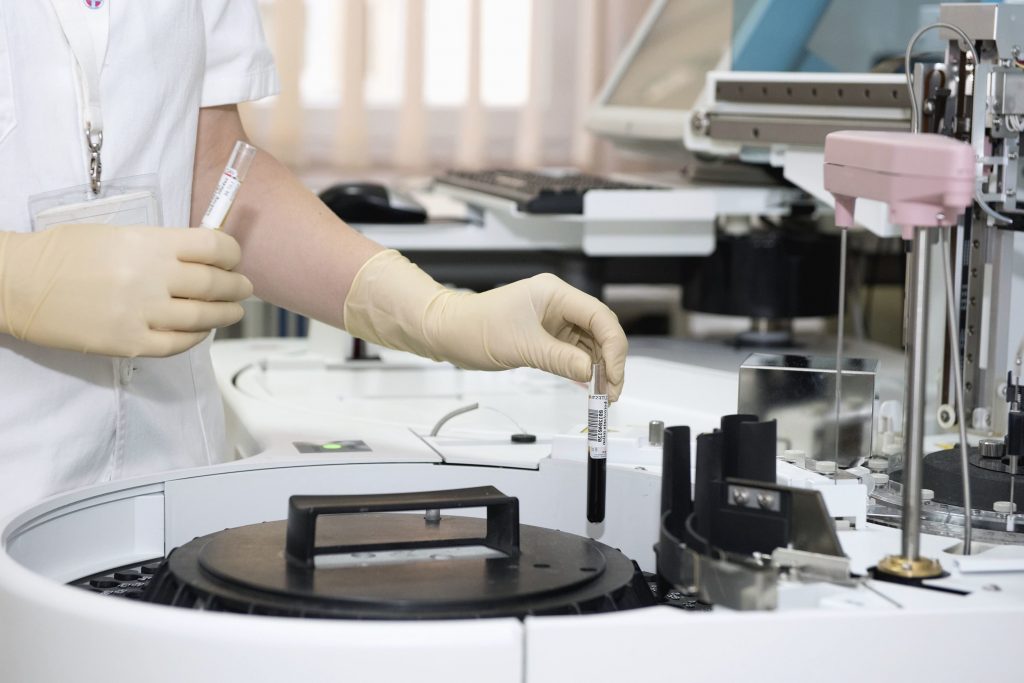
There are currently six vaccines in phase three clinical trials, where scientists administer the vaccine on thousands of people and wait to see how many become infected compared with volunteers who unknowingly received a placebo.
Of those phase three vaccine trials, there is one being produced by the British-Swedish pharmaceutical company AstraZeneca in collaboration with the University of Oxford. In June, the Egyptian Drug Authority signed a deal with AstraZeneca to supply Egypt with quantities of its vaccine.
Minister of Health Hala Zayed said that the ministry has reserved 30 Million packets of the University of Oxford’s vaccine for Egyptian citizens.
A May press release from the U.S. Department of Health and Human Services (HHS) indicated that AstraZeneca and HHS are collaborating to make at least 300 million doses of the vaccine with the first doses delivered as early as October 2020, which is one of the earliest dates of reception of a possible vaccine to date.
However, according to Presidential Adviser for Health Affairs Mohamed Awad Tageldin, a vaccine is expected in Egypt by September once confirmed effective.
AstraZeneca has said that their expected capacity for manufacturing the vaccine is currently at two billion doses. Their vaccine is now in Phase 2 & 3 trials in England and India and Phase 3 trials in Brazil and South Africa.
Additionally, Egypt is attempting to produce its own vaccines. Of the multitudes of vaccine candidates that the World Health Organization acknowledges in its weekly landscape release, four Egyptian vaccines are candidates in preclinical evaluation. The vaccines are being developed by Egypt’s National Research Center, amongst 139 other vaccines in the same category, and 26 candidate vaccines in clinical evaluation.
There has also been a diplomatic memorandum agreement signed with The Egyptian Embassy in Tokyo providing that Japan grants Egypt free-of-charge doses of Avigan, the antiviral medication which accelerates recovery, supplied through the United Nations Office for Project Services.
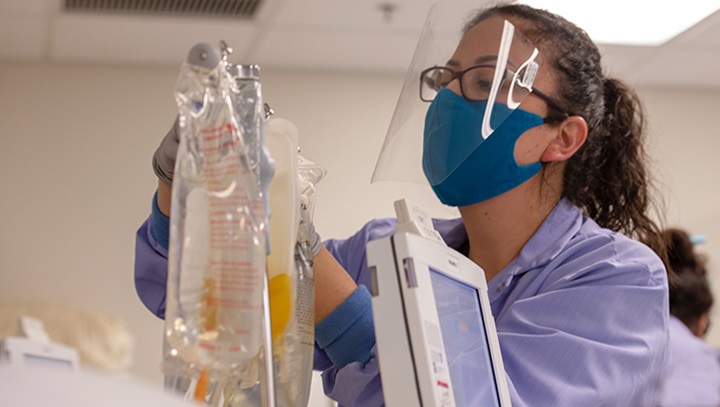
In regards to the cost of the Coronavirus vaccine, it is so far ‘anyone’s guess’, worldwide. Bruce Y. Lee, a professor of health policy and management at the City University of New York’s Graduate School of Public Health & Health Policy, told Marketplace that there is a possibility the vaccine’s price will be quite high.
“Developers are being asked to develop this very quickly, so they may demand a very high return on it,” Lee said.
Two of the largest manufacturers said their potential coronavirus vaccines would be offered on a not-for-profit basis during the pandemic period. Lee added that vaccine pricing is generally a question of negotiation between insurers, vaccine makers, and often governments, therefore it is difficult to estimate a cost at the current moment.
Since so far only 30 million packets of the AstraZeneca vaccine have been reserved, many questions have been asked on the process of rolling out the vaccines to the larger Egyptian population which is larger than three times the amount of the reserved packets. There is little information on this now, but more is expected to be released as the vaccine trials prove fully effective and are ready for worldwide distribution.
As the option for a vaccine becomes more possible, the information currently available can be hopeful for many. As it seems, there is hope that the current struggle may come to an end in the near future and parts of “normal” life may be on their way back.

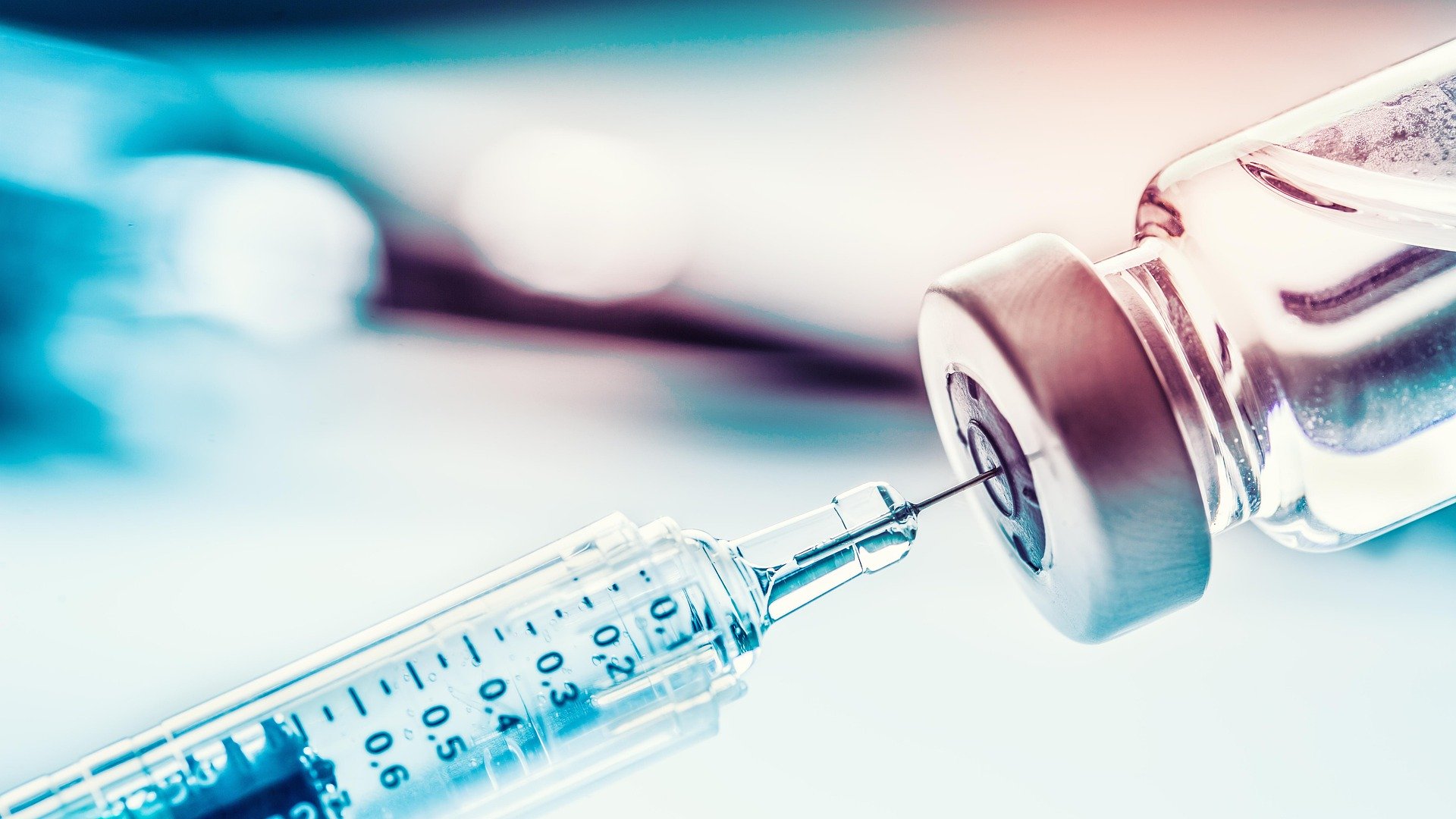


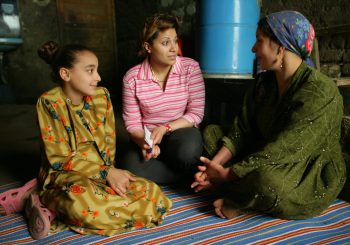
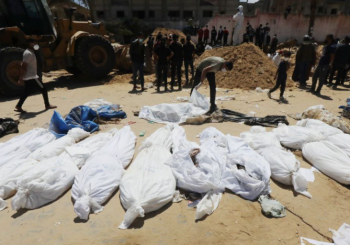
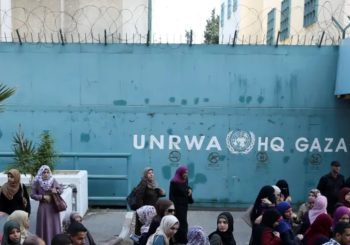
Comments (14)
[…] Read More […]
[…] Be taught Extra […]